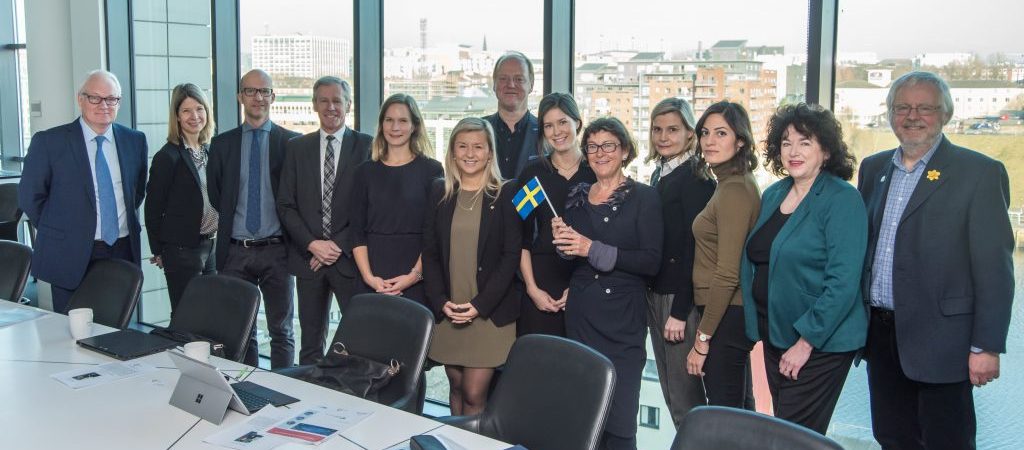
In conversation with Anne Casey, Regional Adviser at Academy Ambassadors
Thanks to Anne Casey, Regional Adviser, Academy Ambassadors for providing this blog about being part of a school leadership team:
Providing strong leadership is important for any organisation. It ensures stability, growth and a strategic plan for the future.
Schools demand the same, which is why we’re on a recruitment drive in the North East for non-executive directors to support the increasing number of Academy Schools opening in the region.
Academy Ambassadors is a non-profit organisation set up to bring inspirational educationalists together with talented business leaders to build better multi-academy trust boards.
We’re delighted to be working in partnership with the North East LEP to offer business leaders in the region the opportunity to support all established and future Academies.
We want to address the gap between the performance of schools in the North and South and we believe the business community can help us address that by providing strong leadership in our Academy Trusts, with business acumen, experience and strategic vision applied directly to academy boards through pro bono trustee roles.
We recruit from a range of different industries and disciplines including the corporate sector, HR, IT, marketing & PR and the financial services. It’s this range of skills that supports the work of CEOs and executive principals in Academies to provide the highest standard of education to our young people.
Academy Ambassadors has to date recruited more than 500 business leaders to non-executive directorship or trustee roles; around 134 of those are in the North of the country. Non-executive directors can sit on a trust board of a Multi Academy Trust (MAT) which can have anywhere from two to 65 or more academies, with budgets ranging from £10m for a small trust to £100m + for the largest. With the potential for such scale – and associated accountability – the need for experienced business leaders is evident.
Some of the North East businesses already working with Academy Ambassadors include BT, Lloyds Banking Group and PwC, however we are also working with SMEs across the region.
We’re committed to recruiting the right kind of people, which is why we look to the business community who can provide the right kind of strategic skills modern Academies demand. We need Boards with diverse skills, an aptitude for governance and an understanding of the local and regional context. Boards should be diverse and reflect their local communities, which is again something the business community can support.
Experience of working in education is not a pre-requisite to become an Academy Ambassadors-placed non-executive director. The ability to think strategically, hold people to account and deploy resources efficiently to make a real difference to young people’s futures are just some of the skills we’re looking for in non-executive directors or trustees.
Academies are experiencing a period of rapid growth, from 200 to 5,000 in just five years. They demand real business acumen and a range of skills that business leaders in the North East have in spades.
If you’d like to know more about the opportunities available at Academy Ambassadors, please visit our website – www.academyambassadors.org – or contact me direct via the email address [email protected]
Academy Ambassadors works closely with Inspiring Governance to share knowledge and help build relationships. Like Academy Ambassadors, Inspiring Governance is a free, national matchmaking service specialising in connecting volunteers with schools looking for governors and trustees, though its focus is on the Local Governing Body (LGB) level, providing school governors as well as trustees. More information is available at inspiringgovernance.org








